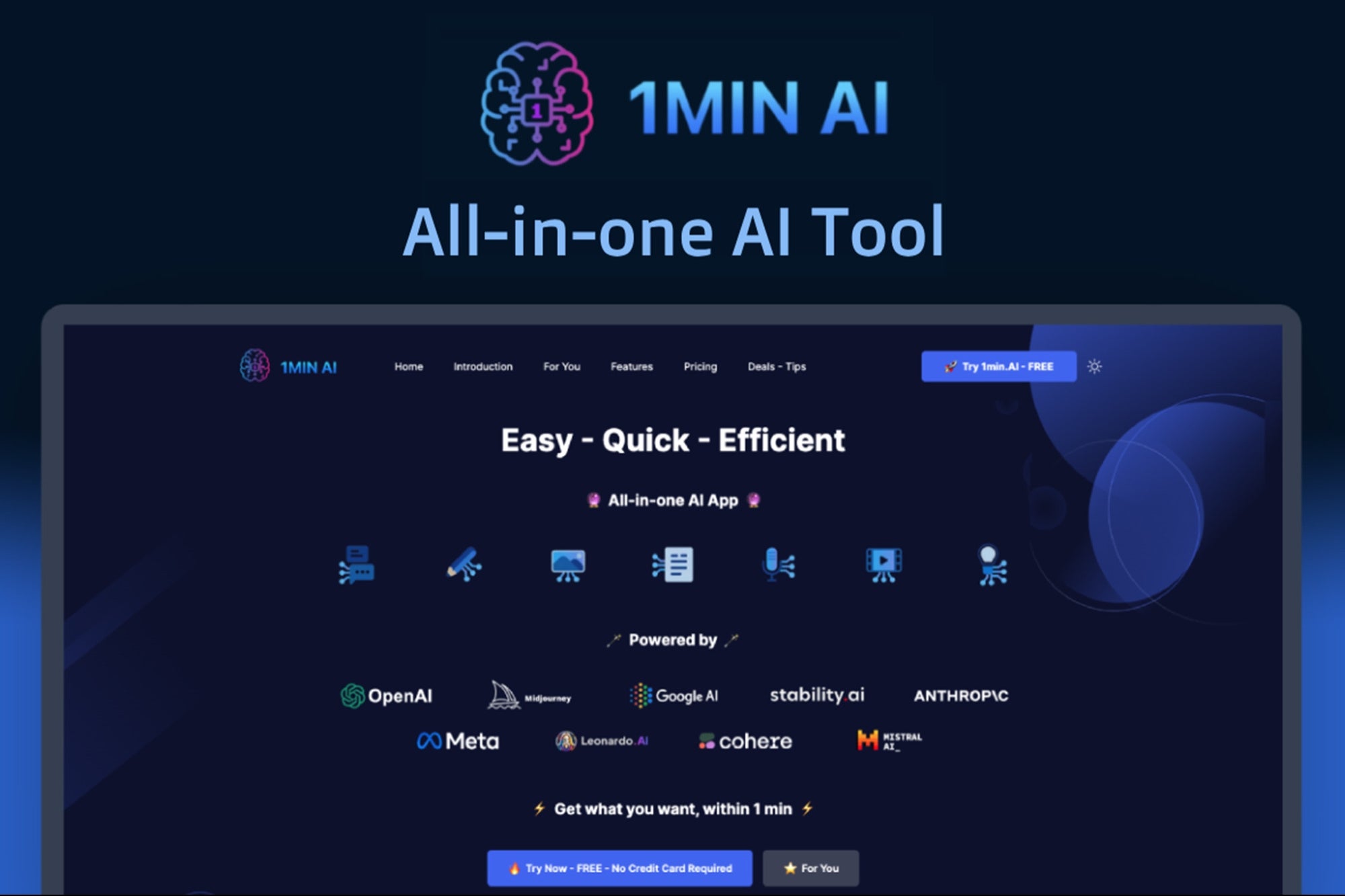Lessons from WeWork and Uber IPOs for Start-ups It is noteworthy that lenses used by private and public investors are quite different
Opinions expressed by Entrepreneur contributors are their own.
You're reading Entrepreneur India, an international franchise of Entrepreneur Media.

Uber's disappointing run at the New York Stock Exchange in the US and WeWork shelving its initial public offering (IPO) plan just a week ahead of its schedule has sparked a debate over valuation of start-ups and them going public. Getting listed for a start-up indicates a new high in its journey, but in the last few months many intriguing questions have cropped up.
These setbacks have come at a time when in India, software-as-a-service start-ups Druva and Freshworks are reportedly planning to go public. Fintech start-up Mobikwik, too, has announced similar plans. Adding to the list, cab aggregator Unicorn Ola's CEO and co-founder Bhavish Aggarwal also announced at an event that he is now "absolutely focused" on going public and is eyeing an IPO in the next 18-24 months.
Tryst with Stock Markets
In an IPO, a company offers equity shares, or ownership, to the public. While investors become shareholders of the company, the company unlocks its value and raises capital for further expansion.
Indian e-commerce platform IndiaMart had a stellar run at the stock market. The company in July got listed at a premium of 21% at INR 1,180 per share and is currently trading at around INR 2,173, a neat gain of 84%.
Meanwhile in international markets, the failure of Uber, Lyft and WeWork shelving its IPO grabbed eyeballs, specifically because Uber and WeWork are backed by Softbank which, as is said, turns every company it touches into gold.
IPO-The Next Rational Step for Unicorns?
While hitting the billion-dollar valuation mark is not easy and needs lot of endeavor, going public means even more responsibility and transparency on part of the company.
According to Schwark Satyavolu, general partner at Trinity Ventures, earlier companies used to go public much earlier in their lifecycles. "Today they're able to stay private longer, thanks to huge levels of private equity available to help them scale without public investment," he added. While profitable companies going public is not new, Unicorns not going public is new. According to Satyavolu, "We have unicorns that aren't public. At some point all large companies need to either go public or get acquired because if they're growing quickly and have ongoing growth potential, the public markets are the right next step in their evolution."
The bottom line for a company aiming IPO is assessing if the market conditions are right for the same, says Bhaskar Majumdar, founder and managing partner at Unicorn India Ventures. "Timing, perception and growth story are some of the key parameters that can determine an IPO's success," he says.
The Learnings
Two of the most iconic companies of the Silicon Valley became examples of the Valley's greatest disappointments in a matter of months. Why WeWork and Uber remain startling examples of the stark reality of their IPO run is something that market pandits are busy decoding. Start-ups in India and rest of the world can in the meanwhile take notes.
Majumdar says the current instances of IPOs such as WeWork and Uber have shown that there can be huge difference in the valuation premium of private investors compared with public investors. "Also public markets can only accommodate a limited number of stocks with inherent strong and differentiated story. In fact, a huge number of the listed stocks never get covered by any analyst," according to Majumdar. He says that alternate liquidity options such as secondary sales to financial or strategic buyers should be considered based on market situations.
According to Sanjay Mehta, founder and Partner at 100X.VC, WeWork IPO devaluation and subsequently postponing it is a bad indicator for start-ups which have filed for IPO.
"Startups are remaining private much longer as they are able to raise funds at later stage and keep building growth. IPO is a logical exit for late-stage investors," he added.












